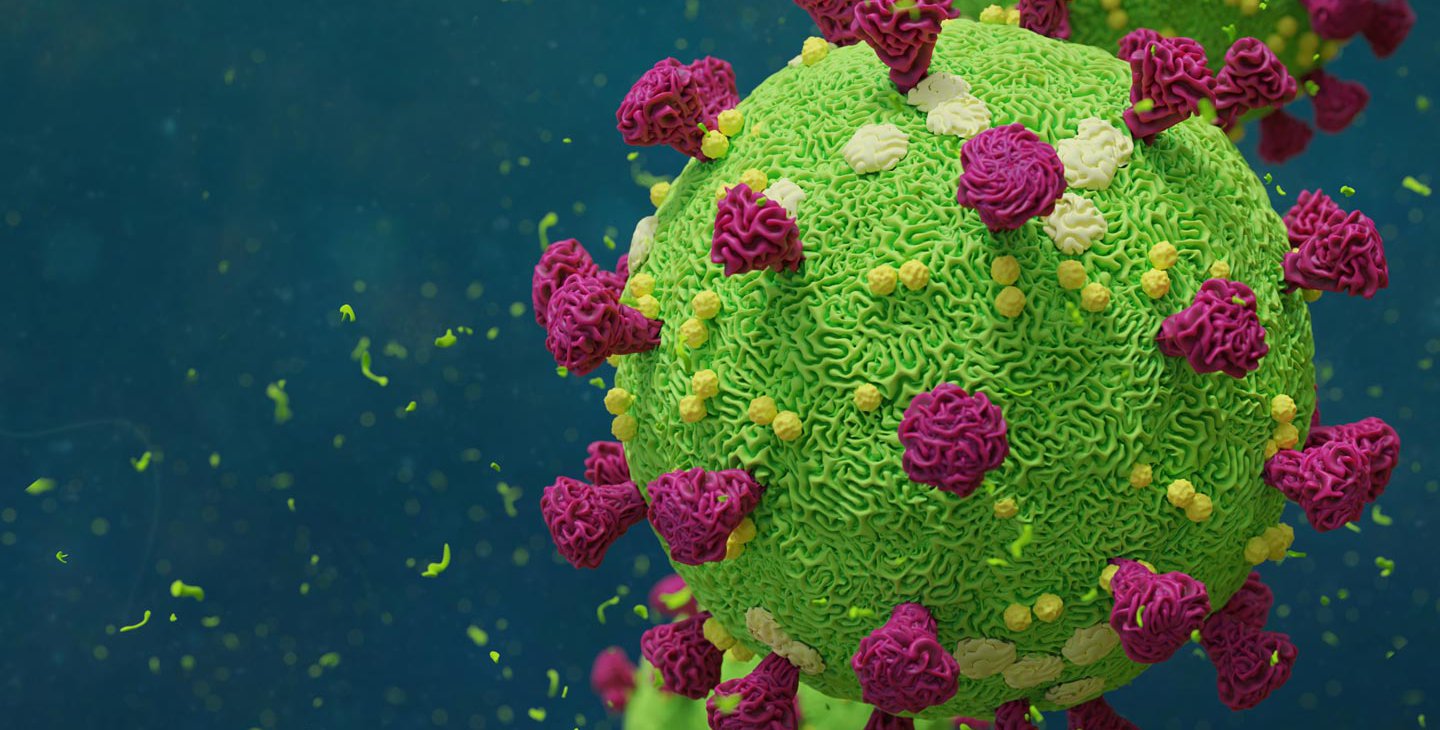As new viral strains emerge following the spread of COVID-19 in 2020, researchers have looked to the possibility of intranasal vaccines to protect against them.
As published in Science Immunology, the development of an intranasal vaccine began by testing flu defense, in which researchers “analyzed pulmonary IgA-secreting cells in mice after prior influenza infection or after intranasal immunization with an adjuvanted recombinant neuraminidase flu vaccine.”
“Both replicating flu virus and the protein-based vaccine induced enhanced antiviral immunity and IgA production when administered intranasally rather than by alternate parenteral routes. The IgA responses were mediated through a combination of lung-resident memory B cells, plasmablasts, and plasma cells,” the study says.
The results of the study put forth the notion that mucosal vaccine strategies may be effective at combating respiratory pathogens through mucosal immunity.
“These results provide key insights into establishment of protective immunity in the lung based on tissue-resident IgA-secreting B cells and inform vaccine strategies designed to elicit highly effective immune protection against respiratory virus infections,” according to the study’s authors.


